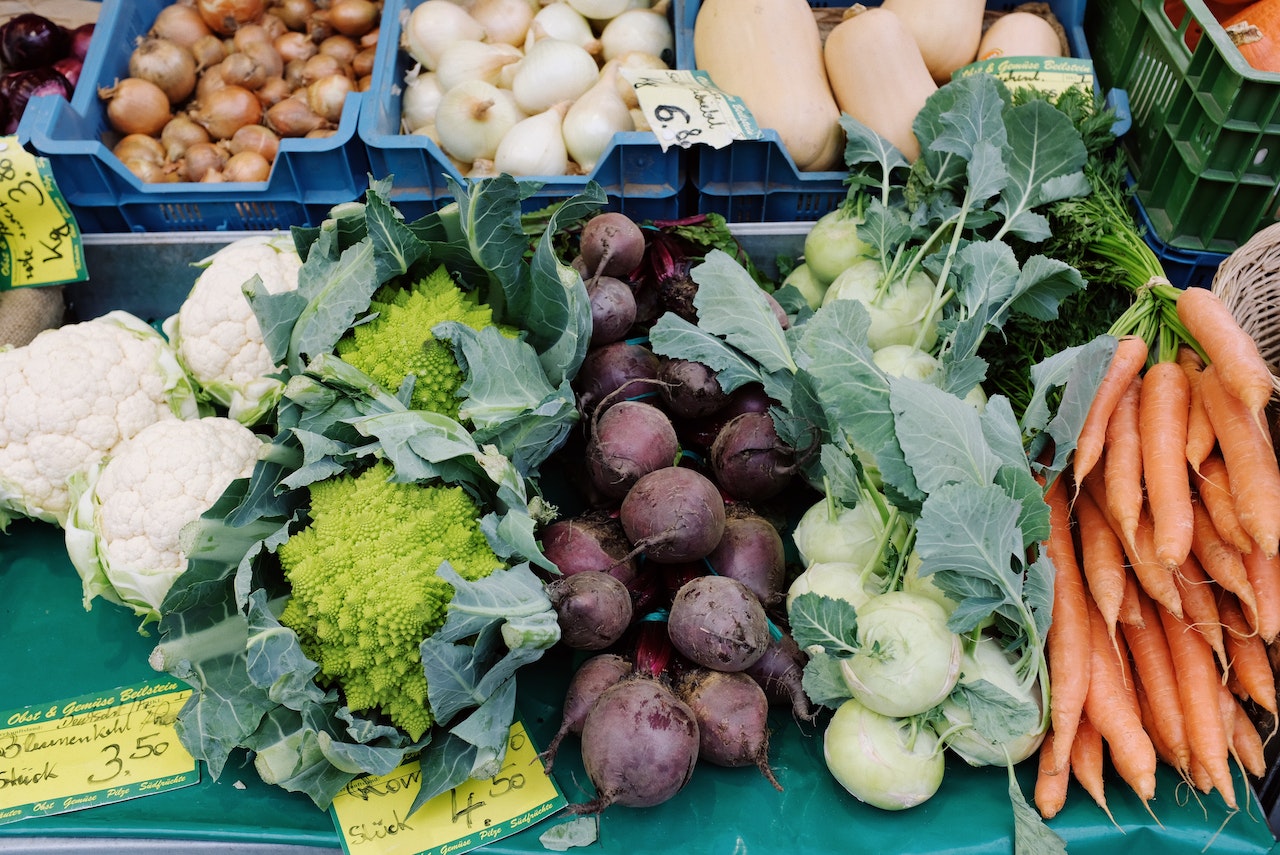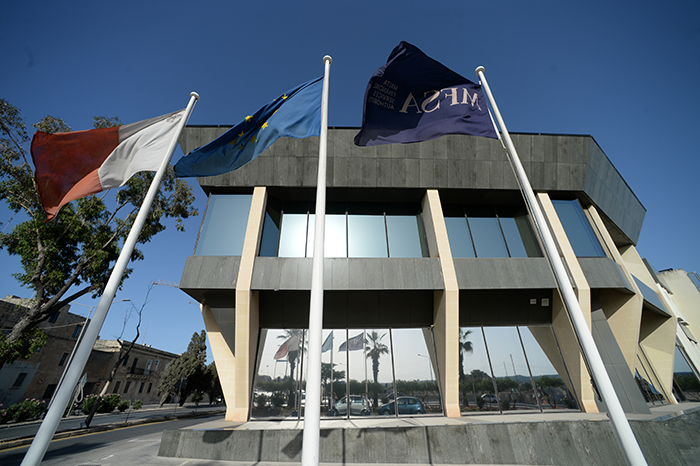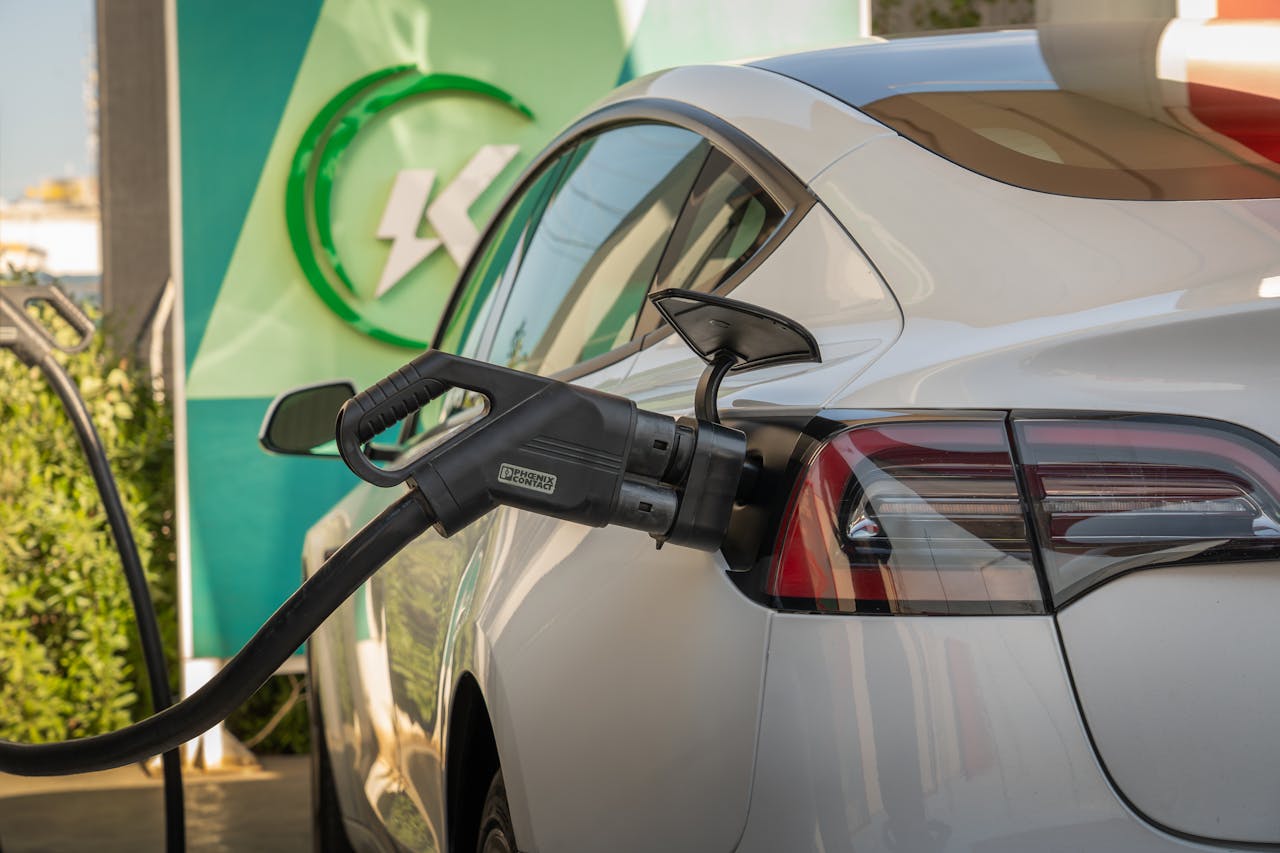In February, Malta’s annual inflation rate dropped to its lowest level since 2021, led in part by food prices, which registered the first month-on-month decrease in three years.
Malta’s yearly inflation rate stood at three per cent, while the monthly change in the index of prices for food and non-alcoholic beverages turned negative – indicting a decrease in prices – for the first time since January 2021, standing at -1.1 per cent.
Taking to social media, Minister for the Economy Silvio Schembri attributed the decrease in food prices to the Stabbiltà scheme, saying the statistics are “a confirmation of the initiative’s necessity and effectiveness.”
Minister Schembri spearheaded a price stability scheme among food importers and retailers that saw the recommended retail price of certain essential products drop by 15 per cent, which will remain fixed until the announcement of the Government Budget for 2025.
However, many locals took the Minister to task for his celebratory tone, with some saying that their weekly shop costs the same as it did before while others mocked the relatively small price reductions on many products (that were often already being sold for cheaper than the recommended retail price).
The -1.1 per cent reduction over the preceding month stands in contrast to the advertised 15 per cent reduction in the price of staple foods, and may indicate that the products benefitting from a discount through the initiative are less popular than initially thought.
Another reason, put forward by several commenters on social media, may be that importers and retailers increased the price of other products to make up the difference to their bottom lines.

Food inflation has been a particular pressure point on Maltese inflation, often singled out as the largest contributor to inflation statistics. And while, in the European Union, food prices largely stabilised since March 2023, local prices just kept rising month after month – until now.
KM Malta will start flying to Tel Aviv this summer
New route announced as part of KM Malta Airlines' largest summer schedule to date
Why the MLRO role matters more than ever
Matthew Scicluna and Eric Micallef from the MFSA’s Financial Crime Compliance function, shed light on the MLRO Guidance document
New EV leasing mechanism introduced for businesses
The arrangement will support the leasing of zero-emission vehicles without impacting the De Minimis State aid limits of leasing companies






